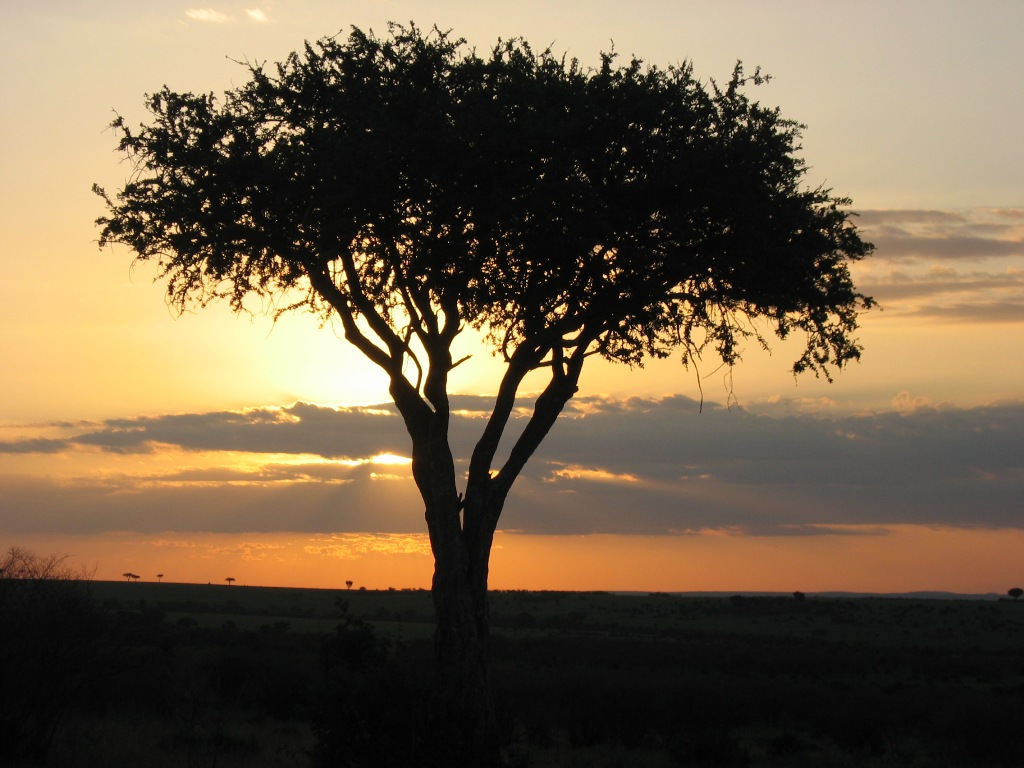Op-Ed by me, published in The Economic Times. 2020-10-17
For once, Africa has an image advantage
As the world reopens, and leisure tourism gradually resumes, African countries have a competitive advantage in the scramble for tourist arrivals.
As the world continues to battle Covid-19, most African countries seem to have weathered the global public health crisis quite benignly. This has left newsrooms across the planet puzzled.
For decades if not centuries, the world press in general, and western media outlets in particular, have tended to portray a skewed image of the African continent. The bias was even more blatant a decade or two ago, and a great number of media outlets have since become more serious in their coverage of what was once called the “dark continent”. Stories about conflicts, famine and diseases however continue to steal a disproportionate share of the headlines when it comes to Africa.
When Covid-19 hit, there was initially a global near-consensus that African countries would be worse hit than the rest of the world, and that the continent would face a disaster of biblical proportions.
When at first the gloomy predictions failed to materialize, the rhetoric changed. New theories were postulated by journalists and commentators alike, that Sub-Saharan Africa was merely 6-8 weeks behind the rest of the world. It was “obvious” that the floodgates of hell would soon open on the continent. The assumption was that South Africa, the hardest-hit country on the continent, was just ahead of the pack, and that the rest would follow suit. Those who pointed out the absence of facts or evidence to support such theories, were branded borderline naive.
As the doomsday prophecies once again came to naught, a new wave of theories now focus on how and why Africa got away so easily. Explanations vary from climate to genetics, with low testing rates among the proposed causes. The latter fails to explain the low death rates and lack of excess mortality, though. Unlike many “thought leaders” and loud thinkers out there, I will however leave those questions to public health professionals.
The unique aspect of this situation is that in the worst global public health crisis since the 1919 Spanish Flu, Africa emerges as the “winner”. The continent stands out as healthier, safer and economically less ravaged than any other part of the world. This is the continent that used to be synonymous with diseases like malaria, AIDS and ebola. Healthwise, the tables have now turned, African destinations among the safest globally, at least as far as Covid-19 is concerned.
For the tourism industry, this is potentially massive. Image matters in tourism, and right now, probably for the first time, Africa has the image advantage. As the world reopens, and leisure tourism gradually resumes, African countries have a competitive advantage in the scramble for tourist arrivals.
With low infection rates, and in most cases, relatively few restrictions on travel and movement, tourist destinations in Sub-saharan Africa are now among the safest and most accessible options globally. In Kenya, life has largely gone back to normal, and an early surge of domestic tourism is already helping the hotel industry get back on its feet.
Tanzania and Uganda now welcome any visitor with a negative Covid-19 test, and tourist favorites like Namibia and Ghana have also reopened their borders for leisure tourists. Tourism giant South Africa, has its initially high infection rate under control, and is gradually reopening for international leisure travel again.
In the short term, the established and well-known tourism countries in particular, could benefit significantly from this advantage in the upcoming Christmas/New Year peak season. While many will still be reluctant about long-haul travel, there are still sizable segments in the Northern hemisphere craving some sun and hot weather during the winter months.
It is upon the tour operators and hoteliers, their associations, and the national and regional tourism promotion agencies to seize this opportunity. The current perception advantage could be turned into a permanent improvement of the continent’s image. Among other positive effects, this could give African countries some substantial headway when global tourism eventually returns to pre-covid levels.
